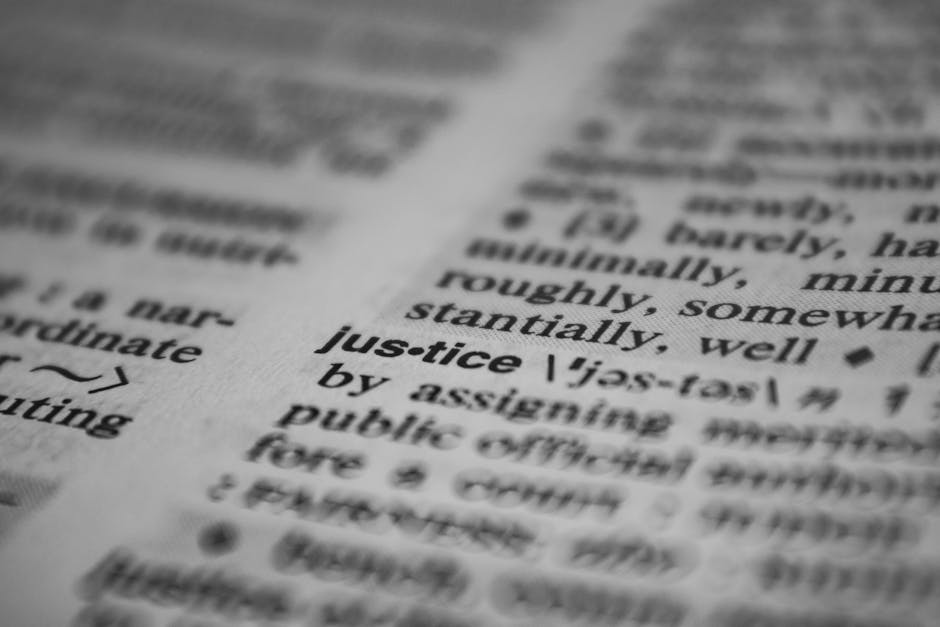Legal systems, while sharing foundational principles, frequently manifest significant variations in their application and interpretation. This divergence in legal understanding across different jurisdictions be it countries, states, or even regions within a single nation is a complex phenomenon influenced by historical context, cultural nuances, and political ideologies. Examining these disparities reveals the intricacies of legal thought and the crucial role of context in shaping judicial outcomes.
A fundamental factor contributing to these divergences lies in the differing historical trajectories of legal systems. Common law systems, rooted in precedent and judicial interpretation, often exhibit more fluidity and adaptability than codified legal systems, which rely on written statutes. In common law jurisdictions, courts continually refine legal principles through case law, leading to incremental adjustments and potential variations in interpretation across different courts and jurisdictions. For instance, the interpretation of contract clauses might differ between jurisdictions based on the specific precedents set within each court system. Contrarily, codified systems, prevalent in many civil law countries, tend to have a more rigid structure, although interpretations of statutory provisions can still fluctuate based on judicial philosophies and societal values.
Further compounding the issue are the differing political and social contexts surrounding legal frameworks. Philosophical underpinnings, such as the relative emphasis on individual rights versus societal well-being, significantly shape how laws are construed and applied. A society prioritizing individual freedoms might interpret a constitutional provision regarding due process differently from a society with a stronger emphasis on community safety. This inherent variability in societal values manifests in divergent interpretations of the same law.
Differences in legal structures also account for variations in interpretation. For example, differing structures of judicial review, the mechanisms used to assess the constitutionality of laws, could lead to contrasting opinions on the same legislation. Some jurisdictions may have a more stringent review process that allows for greater scrutiny of legislation, while others might have a more deferential approach. This could result in diverging interpretations concerning the scope and limitations of specific legal provisions.
Cultural nuances play a vital role in shaping legal interpretations. Legal discourse is not always purely objective. Deep-rooted societal customs, traditions, and values often influence how legal concepts are understood and applied. Different communities might hold diverse views on concepts such as family law, criminal justice, or property rights, impacting legal decisions within those domains. For example, a jurisdiction heavily influenced by a particular religious tradition might approach issues of family law from a perspective distinctly different from one influenced by a more secular framework.
Another contributing factor is the role of legal professionals in shaping interpretations. Lawyers and judges, through their advocacy and judicial pronouncements, significantly contribute to the evolution of legal understanding within a given jurisdiction. Their interpretations are often based on their understanding of the case at hand, in conjunction with their understanding of the applicable laws and precedents. The nuances in legal education, training, and experience could thus lead to varying interpretations across jurisdictions. This includes the different legal schools of thought and approaches to statutory interpretation.
Specific instances highlighting jurisdictional variations are numerous. Consider environmental law, where different countries or states may have distinct approaches to regulating pollution, reflecting variations in economic priorities and environmental concerns. Or, examine contract law, where specific interpretations of ‘good faith’ or ‘reasonable expectation’ may vary considerably, often tied to the local commercial culture. These differences can have considerable implications for business dealings and international trade.
Moreover, the rapid pace of globalization often presents unique challenges regarding jurisdictional variation in legal interpretation. Globalized businesses and international treaties often operate under multiple legal frameworks, necessitating awareness of the particular characteristics and interpretation rules for each. For example, an international contract dispute might be interpreted differently based on the applicable legal systems, leading to variations in the rights and remedies available to the parties involved.
Navigating these jurisdictional disparities requires a deep understanding of the context in which the law is applied. Legal professionals and stakeholders must exercise diligence in analyzing the specific legal framework governing a particular jurisdiction to avoid potentially problematic outcomes. For instance, companies operating across borders must ensure that their actions comply with the legal standards of each jurisdiction, even if those standards differ.
In conclusion, legal interpretations are inherently tied to the specifics of their jurisdictional environment. The interplay of historical context, social values, legal structures, cultural nuances, and the contributions of legal professionals creates a complex tapestry of differing interpretations across jurisdictions. Understanding these variations is crucial for effective legal practice, particularly in a globalized world where cross-border transactions and interactions are becoming increasingly common. This nuanced comprehension of jurisdictional differences is crucial for international relations, business dealings, and even basic legal practice within a nation. A deep appreciation for these disparities ultimately enhances the overall understanding and application of the law itself.
